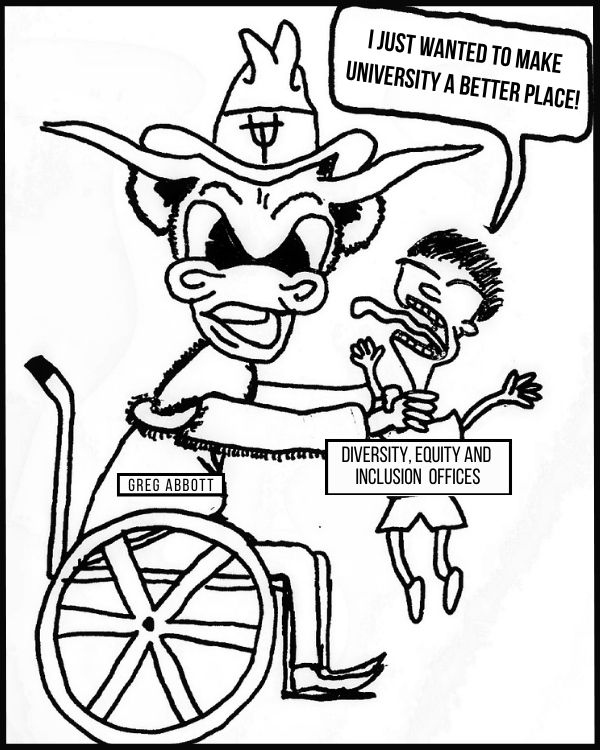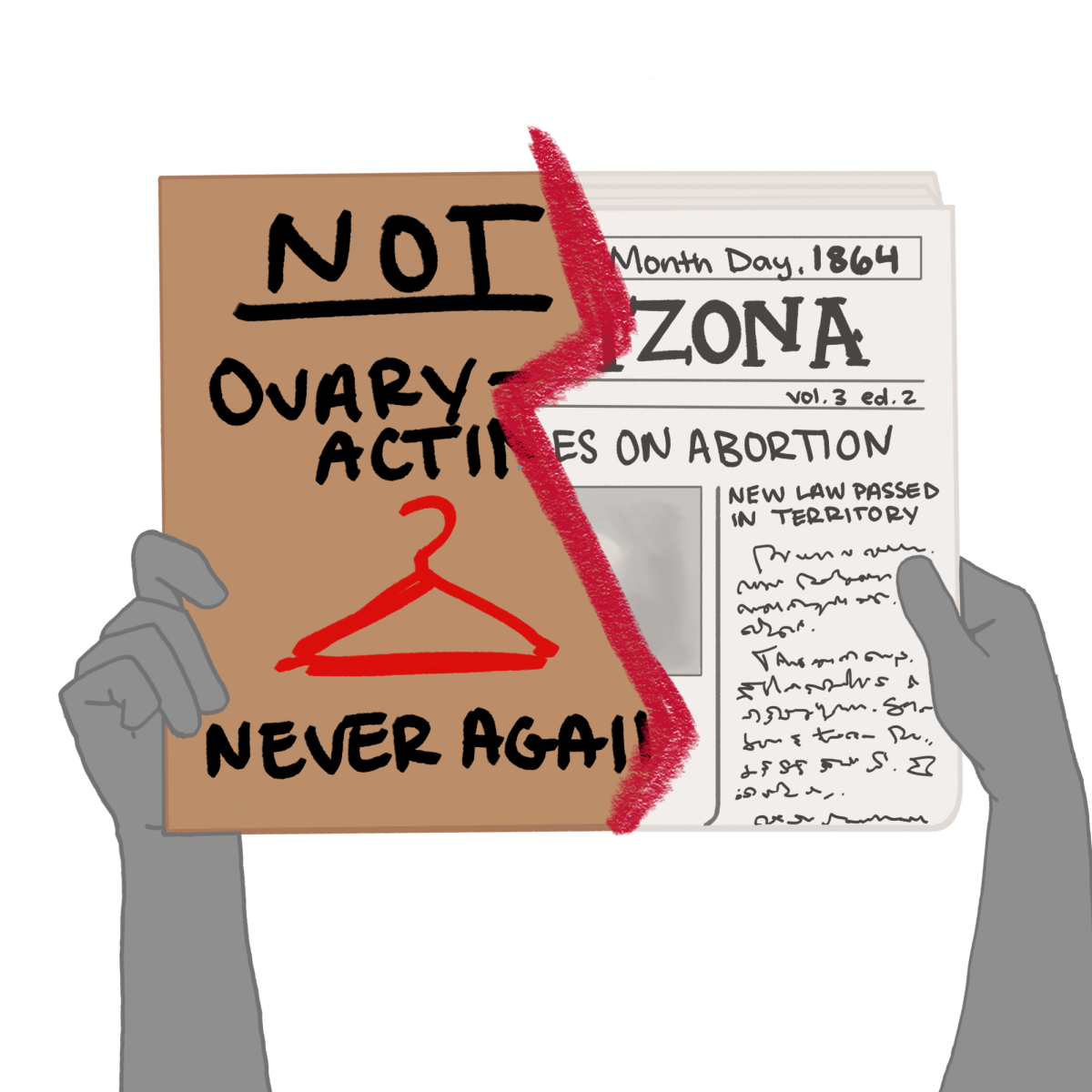The Sept. 9 Senate Faculty meeting brought new light to the issue of individual college GPA requirements versus the general university’s minimum GPA requirements.
Vice Provost and Dean Lawrence Williams fielded questions during the Sept. 9 Senate Faculty meeting about the proposal to add a bachelor of arts in general studies. The degree would allow for students with less than a 2.5 GPA to graduate with a degree.
The new degree would be housed under the Office of Undergraduate Studies that presently houses the Writing Program, the minor in military management and the minor in aerospace studies.
The issue was put to a vote and counted. The Faculty Senate rejected the proposal.
At the end of the meeting, a visibly disappointed John Frederick, Provost, stood and said to the Senate, “When we admit a student, we’ve made a contract with them. As long as they make a minimum GPA requirement, and for graduation that is a 2.0, we’re going to provide them with an education and a pathway to a degree.”
The college of engineering, the college of architecture and college of business already have GPA requirements higher than the general university’s standards. According to collegeboard.com nearly a third of all students choose to major within the COB.
Students do make a contract with the university when they are admitted. The academic requirement for a student to remain in “good standing” is a 2.0; it is also the minimum GPA requirement to graduate. A major in at least one subject area is required to graduate as well. UTSA at this time does not offer any type of degree that includes general studies, independent study or “create your own major.”
If every college increased their minimum GPA requirement, then students with a GPA less than 2.5 would not be able graduate with any degree. As of now the college of liberal and fine arts, the college of education, the college of science and the college of public policy do not have such a requirement; however, there is nothing to stop them from creating new policies in the future.
One might say that creating these requirements is good because it allows the university to improve its graduation rates, as well as encourage student achievement and general welfare for hard-working students in the classroom.
However, where will the borderline students go? It’s easy to judge them because their GPA is low. They are sometimes seen as slackers or people who just “get by.”
The Provost is right. Professors need to realize that whether they like to teach students in the borderline range or not they will indeed lecture to these students in large numbers. Students in COA still take introductory history requirements. COS students take politics and behavioral science courses. All majors must complete the state required core curriculum.
What happens to these borderline students when they finish their core curriculum? While the details of the degree have not been fully released, it can be assumed that students who major in general studies will have to either take an extra amount of distribution requirements similar to the core to meet their specific degree credits or create their own requirements within the number of required credits.
These students in the program will still be required to take courses from the different colleges because there is no college of general studies for them. Tenured faculty will still teach these same students.
Before leaving the meeting Frederick said, “So what I’m asking you to do is to reconsider whatever thoughts you may have about the BGS. It has a much bigger impact than simply our own notions of what the quality of undergraduate product might be. It’s part of our social contract with the students that we take.”
The Provost is right. Borderline students may not be the ideal students for faculty or the different colleges, but they meet the official requirements for graduation. If other colleges begin to enact policies similar to the COB, COA and COE these students will have no other option than to withdraw from UTSA.
These students should be allowed to graduate with a degree, albeit general studies or something else.
If they have no such option, then UTSA has done them an injustice by accepting them without the prospect of attaining a degree.

















